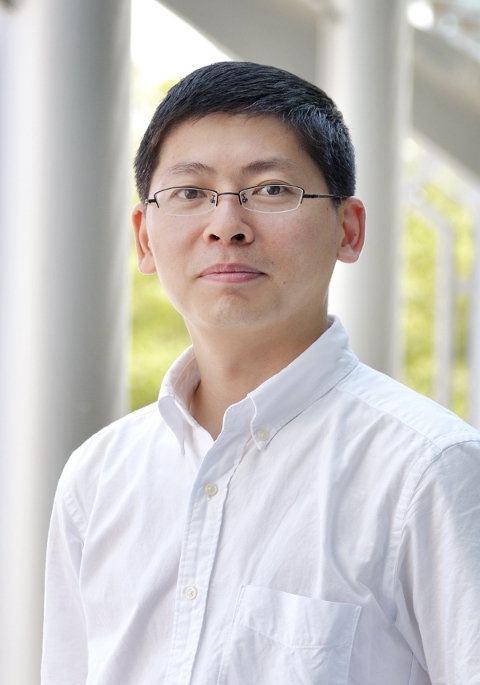|
|

|
Computer Science Department Colloquium
Multimedia Engages with Database for Video Surveillance
Speaker:
Dr. Jianquan Liu, Senior Researcher, the Biometrics Research Laboratories of NEC Corporation
When: 9:00AM ~ 9:50AM, Friday March 6, 2020
Where: CSB 130 
Abstract: n this talk, Dr. Liu will give an overview of the research topics that are currently conducted at the Biometrics Research Laboratories of NEC Corporation, such as processing and analysis on multimedia big data. The talk will mainly focus on how NEC was ⁄ is engaging techniques of database and multimedia for large-scale video surveillance in the past, present, and future, based on the related researches conducted in NEC.
Representing the past status, he will introduce a commercial level demo system for surveillance video search, named Wally, which was exhibited at MM'14. Wally is a scalable distributed automated video surveillance system with rich search functionalities, and integrated with image processing products developed by NEC, such as NeoFace(R), FieldAnalyst, and StreamPro. Here, NeoFace(R) is one of the best face recognition technologies in the world, having highest recognition accuracy.
Subsequently, he will switch to the present status of video search. The current focus becomes that, the video search process can be triggered without giving any query objects, although the search can be performed automatically based on the analysis of a certain kind of pre-defined patterns. This part will be introduced with a series of work published at SIGGRAPH'16, MM'16, MM'17, ICMR'18, MIPR'19, CBMI'19, BigMM'19, and MM'19. Finally, Dr. Liu will pick up some challenging issues and share some future directions of video search for surveillance, such as the search process by integrating multiple features extracted from surveillance videos, and the key applications of surveillance video search, etc.
Bio: Dr. Jianquan Liu received the M.E. and Ph.D. degrees from the University of Tsukuba, Japan, in 2009 and 2012, respectively. He was a development engineer in Tencent Inc. from 2005 to 2006, and was a visiting researcher at the Chinese University of Hong Kong in 2010. He is currently a senior researcher at the Biometrics Research Laboratories of NEC Corporation, working on the topics of multimedia data processing. He is also an adjunct assistant professor at Graduate School of Science and Engineering, Hosei University, Japan, teaching courses related to data mining and database. His research interests include high-dimensional similarity search, multimedia databases, web data mining and information retrieval, cloud storage and computing, and social network analysis. He has published over 50 papers at major international ⁄ domestic conferences and journals, received over 20 international ⁄ domestic awards, and filed over 40 PCT patents. He also successfully transformed these technological contributions into commercial products in the industry. Currently, he is ⁄ was serving as the PC Co-chair of IEEE ICME 2020, AIVR 2019, BigMM 2019, ISM 2018, ICSC 2018, ISM 2017, ICSC 2017, IRC 2017, and BigMM 2016; the Workshop Co-chair of IEEE AKIE 2018 and ICSC 2016; the Demo Co-chair of IEEE MIPR 2019 and MIPR 2018. He is a member of ACM, IEEE, and the Database Society of Japan (DBSJ), a member of expert committee for IEICE Mathematical Systems Science and its Applications, and IEICE Data Engineering, and an associate editor of IEEE MultiMedia Magazine and the Journal of Information Processing (JIP).
|

